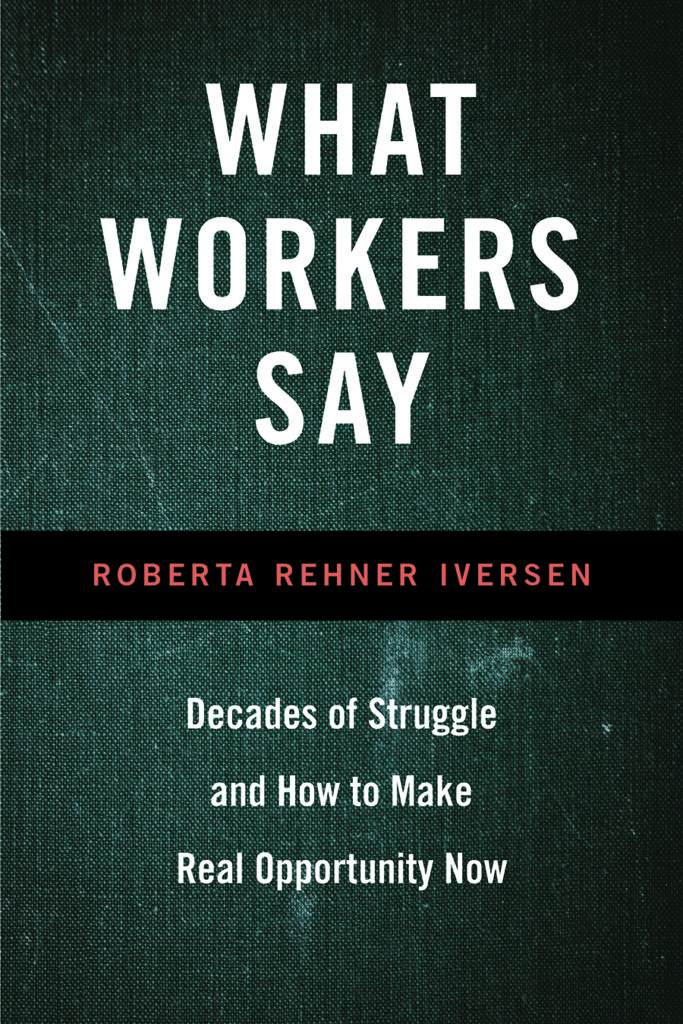
Alongside values like efficiency, economy, and effectiveness, the pursuit of social equity is a core pillar of public administration. This means that public servants working in policy and administrative spaces are obligated to eliminate barriers and pursue equitable treatment and outcomes for marginalized populations. In new research, we add to a growing literature on social equity in public administration through an examination of how transgender women of color engage with US social welfare offices.
Our core argument is that persons with intersecting marginalized identities – identifying as both a transgender woman and a person of color – will be more likely to avoid seeking out social welfare benefits like cash and food assistance, and more likely to report experiencing discriminatory treatment when engaging with social welfare offices. Using data from the 2015 US Transgender Survey our analysis suggests that transgender women of color, relative to other transgender identifying respondents like white transgender women, are more likely to both avoid seeking welfare services and face discrimination within social welfare offices.
Continue Reading…








